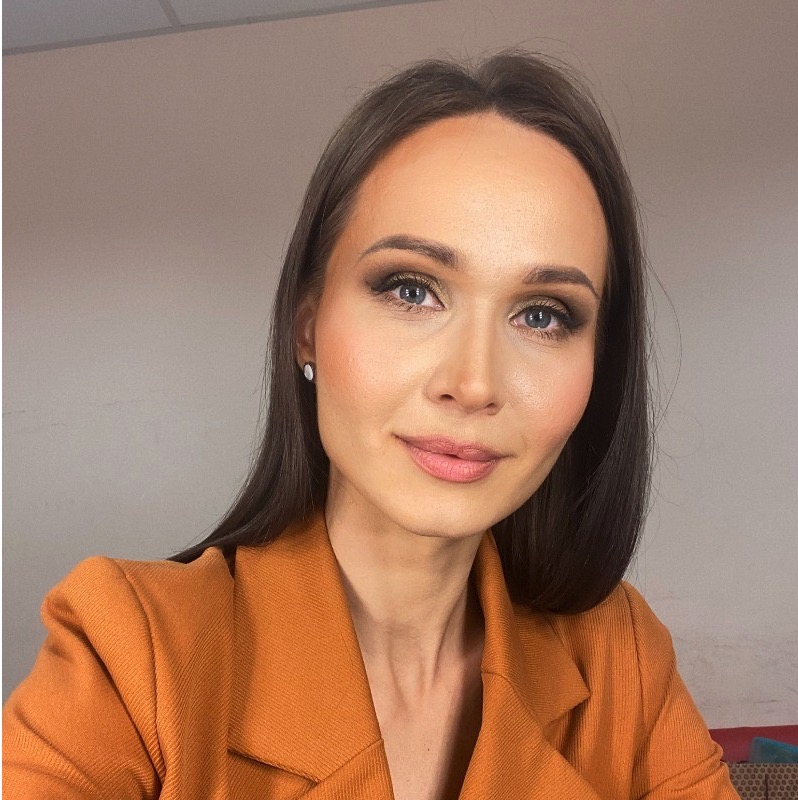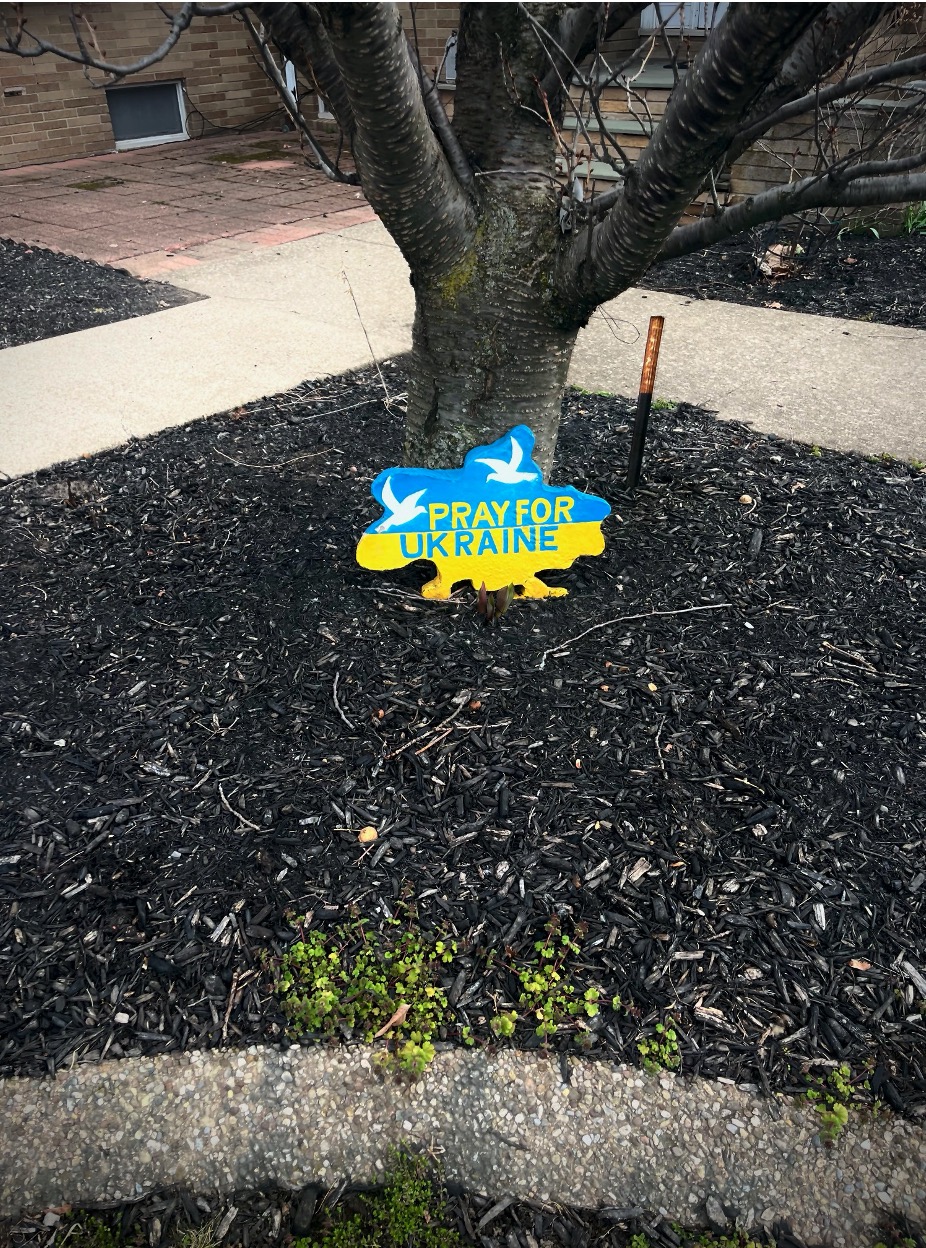Comments
MY POV - In a world increasingly numbed by the statistics of war, Elina Beketova wants us to remember names. Faces. Stories. Like 13-year-old Kyrylo Ilyashenko, an 8th grader from Sumy who, despite suffering serious head injuries, shattered a bus window and unlocked the doors, saving his fellow passengers from the flames of a Russian missile strike. Or Olena, a mother from Henichesk, who was detained for two and a half days, interrogated without food or water, and denied entry to her hometown while trying to reunite with her 5-year-old son.

Elina Beketova
For Beketova, these are not just news clips or war anecdotes — they are the soul of Ukraine’s resistance.
A non-resident Democracy Fellow at the Center for European Policy Analysis (CEPA) and author of Behind the Lines, a reporting initiative focused on temporarily occupied Ukrainian territories, Elina is no stranger to the cost of freedom. She began her career as a journalist in Crimea and has spent over a decade reporting from Kharkiv and Kyiv as an editor and TV anchor. She’s also lived through two invasions — first in 2014, when Russia seized Crimea, and again in 2022, when missiles rained down on Kyiv.
“I feel the same way I did 11 years ago when Russia invaded my home, Crimea,” she says. “And 3 years ago, when Russia launched missile attacks from everywhere while I was in Kyiv. In times of uncertainty, we must remain united more than ever. Our adversaries are focused on making us fight each other.”
When asked how her faith has changed since the war began, Elina pauses. Then:
“I think I started praying more. Seeing the injustice that Ukraine has to go through — defending all of Europe right now from Russia’s aggression — I pray that this war ends soon. I pray that kids can come back home, and that those who had to leave will one day be able to return to their homeland.”
That diaspora is staggering. Roughly 6 million Ukrainians are now displaced abroad, and another 6 million live under Russian occupation — more than the population of Norway or Finland.
“People in occupied areas are struggling every single day,” Elina says. “If they leave, there’s a good chance they won’t be allowed to return. If they stay, they face constant Russification, militarization, and the slow erasure of their Ukrainian identity — day by day.”

Now that erasure is being codified. Vladimir Putin recently signed a decree ordering all Ukrainian citizens in occupied territories to “legalize” themselves by September 10, 2025 — meaning they must obtain Russian passports or leave. Those who refuse will be treated as foreigners on their own land and risk criminalization simply for being Ukrainian.
Meanwhile, Russia is incentivizing colonization. Through state-subsidized mortgage programs, Russian citizens are encouraged to move into occupied Ukrainian territories. Soldiers, FSB agents, teachers, and doctors receive discounted loans and priority housing — part of a calculated strategy to replace the native population and overwrite Ukrainian cultural presence.
But one of the most devastating fronts in this war is not land or language — it’s children.
“So, the Russians say it’s allegedly an ‘evacuation,’” Elina remarks. “Then why weren’t these children returned home when it became safe, or when hostilities ended in those areas? The answer is clear: That was never the goal. Their objective was to abduct these children and keep them in their territory.”
Since February 24, 2022, Russia has forcibly deported at least 19,546 unaccompanied Ukrainian children from occupied areas into the Russian Federation. Many have been placed in camps or adopted into Russian families without consent — an act that meets the criteria for genocide under international law.
Even education has become a battlefield. One in seven Ukrainian schools has been damaged or destroyed. Over 3,500 schools have been impacted; nearly 400 have been completely leveled. Still, learning continues — in bomb shelters, in underground classrooms, through laptops powered by generators. NGOs like the SAVED Foundation are stepping in, opening Transitional Learning Centers in devastated areas like the village of Bohdanivka.
“Ukrainians are ensuring learning continues,” Elina says. “That’s how we survive: by continuing to build, even in ruin.”
In the face of so much loss, what keeps the Ukrainian spirit alive?
“Things like going to church, praying in Ukrainian, cooking traditional dishes — they all matter,” she says.
Community, she says, is essential. Whether in large cities with vibrant diasporas or small towns where connection is harder to find, Ukrainians continue to show up for one another.
“We have a way of building community wherever we are. It’s the church, the people, the language, the food, and the traditions around holidays that keep your identity alive.”
She’s also clear-eyed about the political stakes:
“Ukraine has been an independent country since 1991. Russia wants to drag us into chaos, destabilization, and authoritarianism. But we’re fighting for a future aligned with Europe, with the values of the free world.”
There’s work to do — and time is short. Elina believes that Ukraine’s path to EU accession must be fast-tracked, and that both Europe and the United States must invest more seriously in joint defense production.
“We cannot win this alone,” she says. “But with the right support, we will.”
From frontline soldiers and volunteer medics to journalists, mothers, and teachers risking everything to preserve their way of life, everyday Ukrainians have been the backbone of the nation’s resistance. In the face of centuries of imperial conquest, they have held families together, safeguarded culture, and carried the torch of freedom — often in silence, but always with courage.
As Ukrainians like Kyrylo, Olena, and Elina continue to live, act, and pray through the fire, they remind us of a truth too powerful to ignore:
Faith is not just what we believe — it’s what we do when everything we love is on the line.
(George Cassidy Payne is a poet, writer, and social justice advocate based in Rochester, NY. His work explores the intersection of faith, conflict, and human rights.)






